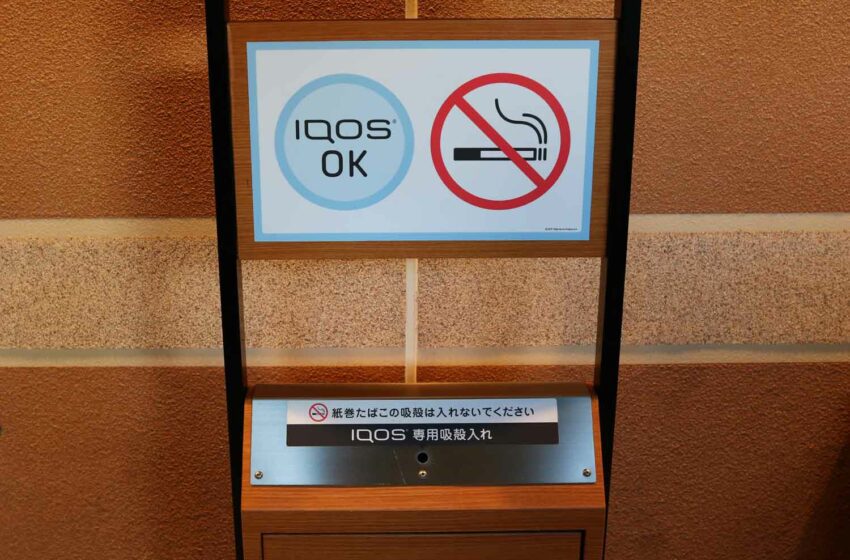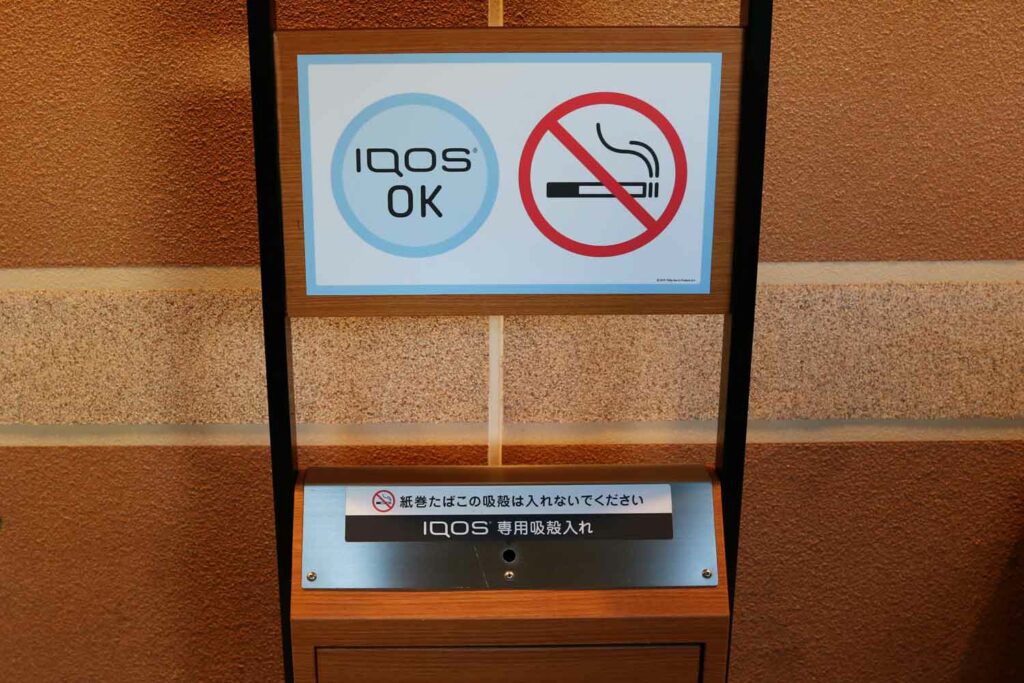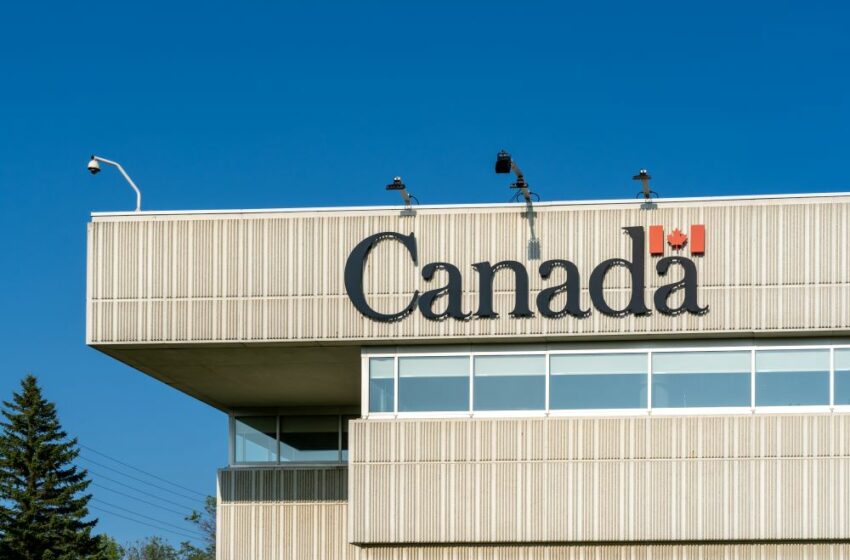The government of Portugal wants to increase excise taxes on e-liquids in 2024. Nicotine e-liquids will have an excise tax increase of 4 percent, up to €0.351 ($0.373) per milliliter, and nicotine-free e-liquids will be subject to a €0.175/milliliter excise tax.
Nicotine-containing and nicotine-free e-liquids will also be subject to a minimum tax corresponding to 25 percent and 12.5 percent of the tax applicable to traditional cigarettes, respectively.
“Increasing the taxation of e-liquids in such a way will make vaping a less attractive option to consume nicotine and prevent low[-income] and middle-income groups from accessing the products,” said World Vapers Alliance Community Manager Alberto Gomez Hernande in a statement.
“It risks pushing vapers back to smoking and preventing smokers from switching due to affordability reasons. Portugal should follow the steps of countries that are successfully reducing smoking rates by encouraging smokers to switch, such as the United Kingdom and Sweden; instead, Portugal has the highest excise tax rate on vaping products in the EU.”
“The Portuguese government should follow a risk-based approach to the taxation of e-liquids,” said Hernandez. “Since the risk of vaping is 95 percent lower, taxes should be 95 percent lower too.”
“If Portugal wants to meet the goals proposed in its National Plan Against Cancer and the European Cancer Plan, it needs to keep alternatives to smoking available and affordable,” Hernandez said. “Sweden is becoming the first smoke-free country in the world this year while Portugal is taking decisions in the opposite direction.”
In related news, Portugal will delay implementation of the EU Tobacco Directive and proposed legislation by Portuguese government that would ban flavored heated-tobacco products. The ban was supposed to go into effect Oct. 23, 2023, but will be delayed in Portugal until 2024, according to 2Firsts.




















